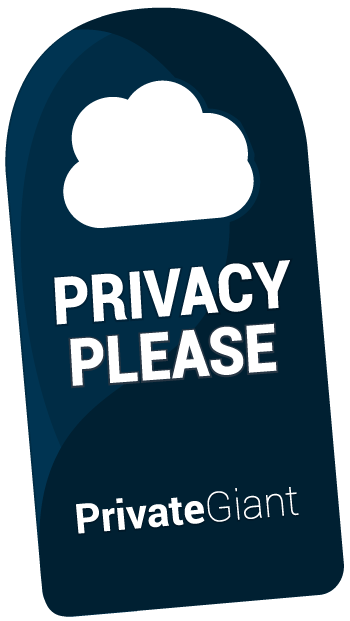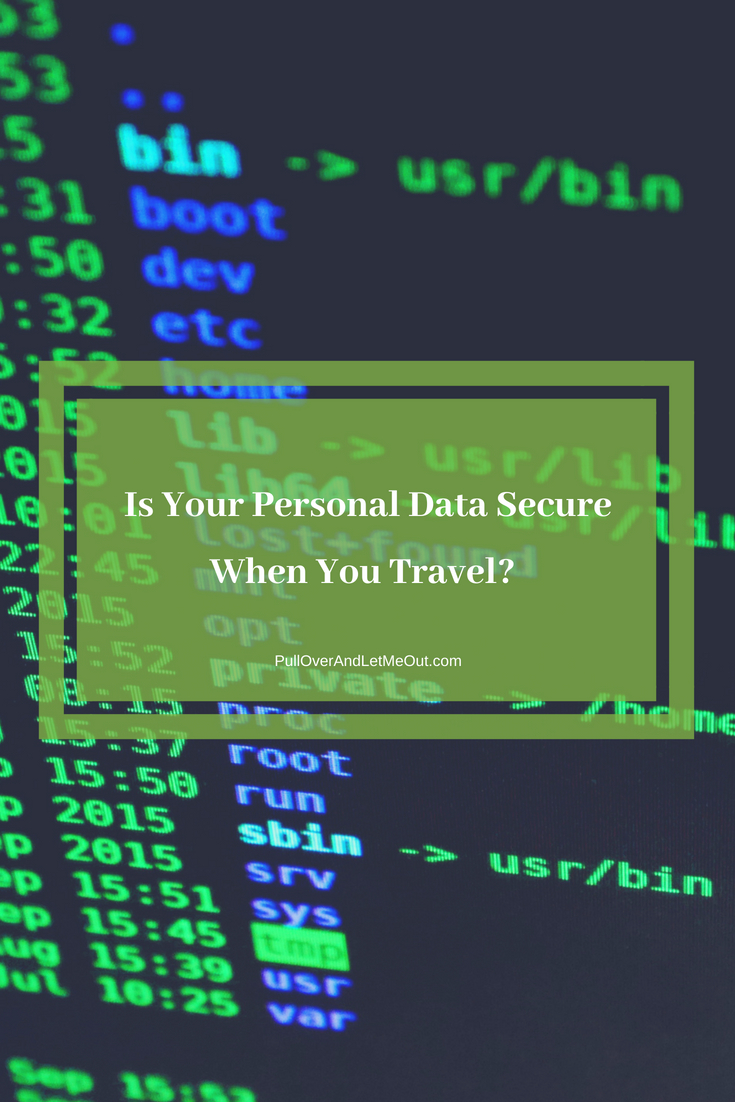Traveling is fun and taking a break to get away from it all is vital to our happiness and health. However, while enjoying a vacation, it’s easy to relax a little too much. Criminals never take a holiday and count on unsuspecting travelers letting down their guard so they may reap rewards while wreaking havoc.
No, you don’t have to become paranoid, constantly looking over your shoulder – you’ll never unwind that way – but it’s important to strike a balance between conveniences and protecting personal data.
I spoke with Shaun Murphy, a security expert with PrivateGiant.com, and he shared some simple yet effective ways of protecting personal information while traveling.

What’s the biggest security risk to travelers?
We let our guard down connecting to Wi-Fi.
Keep in mind, the more convenient it is to log onto a network, the less secure the network is.
Murphy notes that the cellular data on your phone has greater security than a hotel network. If you must conduct financial transactions, consider using your cellular data plan.
Another tip is to ask the name of the hotel’s network when you check-in. Make sure you’re signing into the actual hotel network and not a scammer’s.
How are our credit cards at risk when we travel?
Hotel hackers can access an abundance of credit card information.
Information we may not even think about is stored within the meta-data hackers are adept at tapping into. Details like answers to our security questions buried in the data can open doors to a world of information the bad guys can use and exploit.
Hang onto your key card
The key card lets you into your hotel room, but it’s also connected to your credit card information. Key cards are a wonderful convenience and make it easy to charge services to your room, but remember if you lose that key, it’s connected to your credit card.
Murphy recommends asking for a kid-friendly key card when you check in. Kid-friendly cards don’t have credit card information attached to them and thus, if you lose the card you’re not jeopardizing your credit card security. If you must use a key card that’s connected to your credit card, he recommends shredding the card when you’re done with it.
Recommendations
Reducing your exposure is vital.
Limit your use of Wi-Fi and limit purchases if at all possible.
Reduce conveniences while at a resort or hotel. Pay cash or settle the bill at the time of purchase rather than charging it to your room.
Let your card company know when you’re embarking on a trip. This way, they’ll know it’s you using the card and they can keep you apprised of suspicious activity.
Keep an eye on your finances. Watch for charges you don’t recognize. Murphy says thieves often make small charges using a stolen card as a test. If the tiny charge isn’t disputed, they’ll become bolder and make larger charges. Staying on top of card activity can save you from a lot of hassles in the long run.
Murphy recommends you have fun and enjoy, you’re on vacation after all, but by taking a few simple steps, you’ll be able to relax and have peace of mind while you’re on the road.
For more information on protecting your digital self, visit PrivateGiant.com



